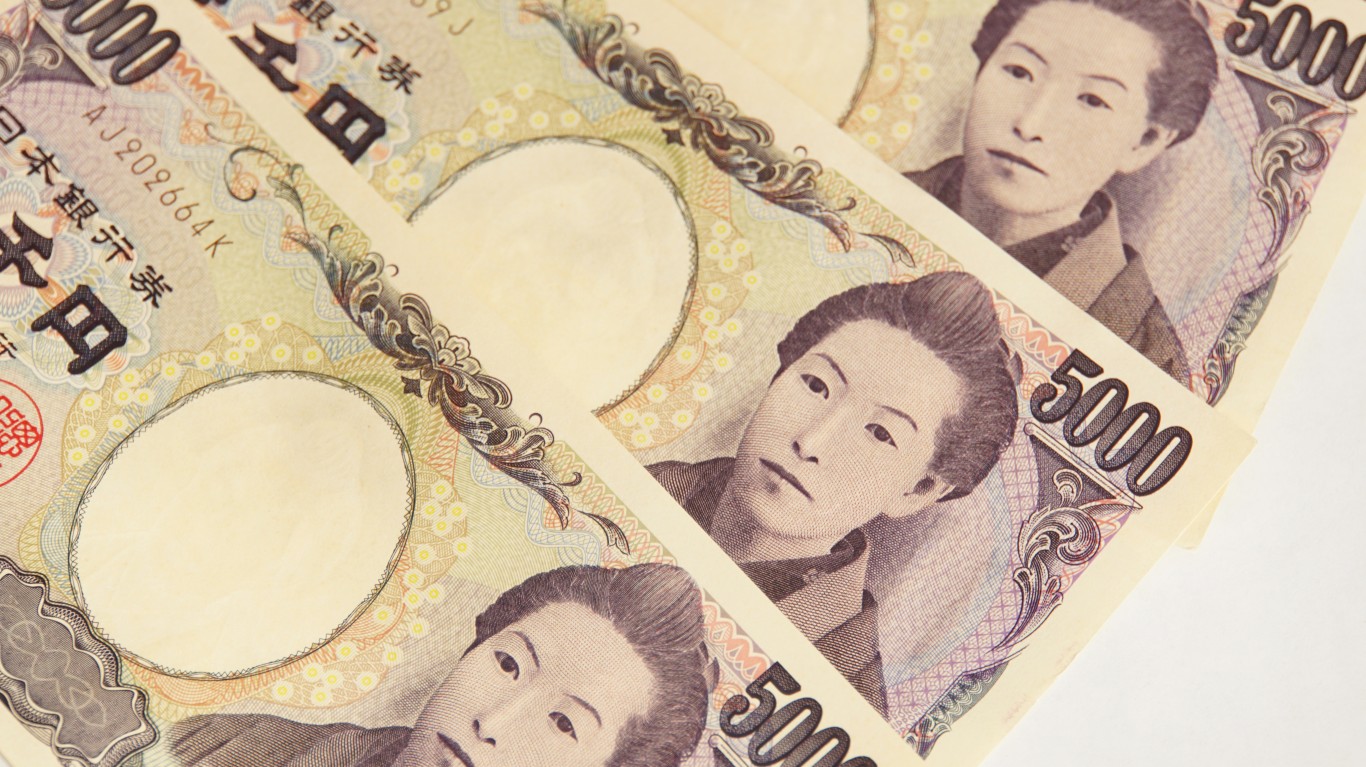
The US dollar (USD) rose above 149 against the Japanese yen (JPY) on Tuesday morning, bringing the greenback to a nearly 1-year high momentarily. However, JPY recovered some losses the following hours after Japan’s finance minister issued a statement on the current market conditions and hinted at possible forex intervention.
Japan’s Finance Minister Hints at Possible Forex Intervention
The USD/JPY pair crossed the 149 mark on Tuesday, marking the yen’s worst level against the greenback since October 2022. The yen’s slide came on the same day when Japan’s finance minister issued his second warning to forex investors in just several hours.
“As I said at the morning press conference, I’m watching market trends with a high sense of urgency.”
– Japan’s Finance Minister Shunichi Suzuki warned on Tuesday afternoon.
Suzuki’s first warning, in early trading hours, triggered a slight reaction among investors. However, the minister’s afternoon words of caution boosted the yen back to 148.8, from around 149.19 hours earlier.
Earlier in the day, Suzuki said Tokyo plans to take the needed steps to prevent excessive currency fluctuations without ruling out any options. In other words, there is a decent chance that Japan could directly intervene in the currency markets to prop up the yen, if necessary.
The Discrepancy in Monetary Policy Between US and Japan
The yen’s continued decline in value against the dollar and other major currencies is primarily due to a notable difference in monetary policies between Japan and other major economies worldwide.
Notably, policymakers across the US, Europe, and the UK have been constantly hiking interest rates over the past year and a half to bring down inflation, while the Bank of Japan (BOJ) held onto its dovish approach during that period. In particular, the BOJ has insisted that stimulus must continue, resisting urges to impose a near-term rate increase.
Japan’s ultra-dovish stance emerged 10 years ago, when former prime minister Shinzo Abe and his economic advisor, Haruhiko Kuroda, introduced a set of economic policies known as ‘Abenomics.’ However, the current BOJ policymakers have been considering rotating away from the substantial monetary stimulus recently as their national currency continues to feel the pressure.
Last year, Japan spent tens of billions of dollars intervening on three separate days to boost the yen. A comparable endeavor might be in the offing soon, especially if the yen continues its decline against the US dollar.
This article originally appeared on The Tokenist
In 20 Years, I Haven’t Seen A Cash Back Card This Good
After two decades of reviewing financial products I haven’t seen anything like this. Credit card companies are at war, handing out free rewards and benefits to win the best customers.
A good cash back card can be worth thousands of dollars a year in free money, not to mention other perks like travel, insurance, and access to fancy lounges.
Our top pick today pays up to 5% cash back, a $200 bonus on top, and $0 annual fee. Click here to apply before they stop offering rewards this generous.
Flywheel Publishing has partnered with CardRatings for our coverage of credit card products. Flywheel Publishing and CardRatings may receive a commission from card issuers.
Thank you for reading! Have some feedback for us?
Contact the 24/7 Wall St. editorial team.





